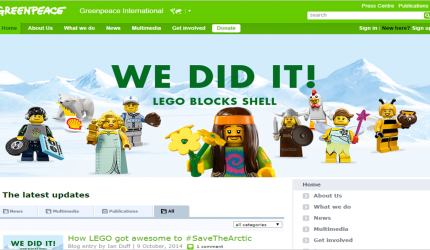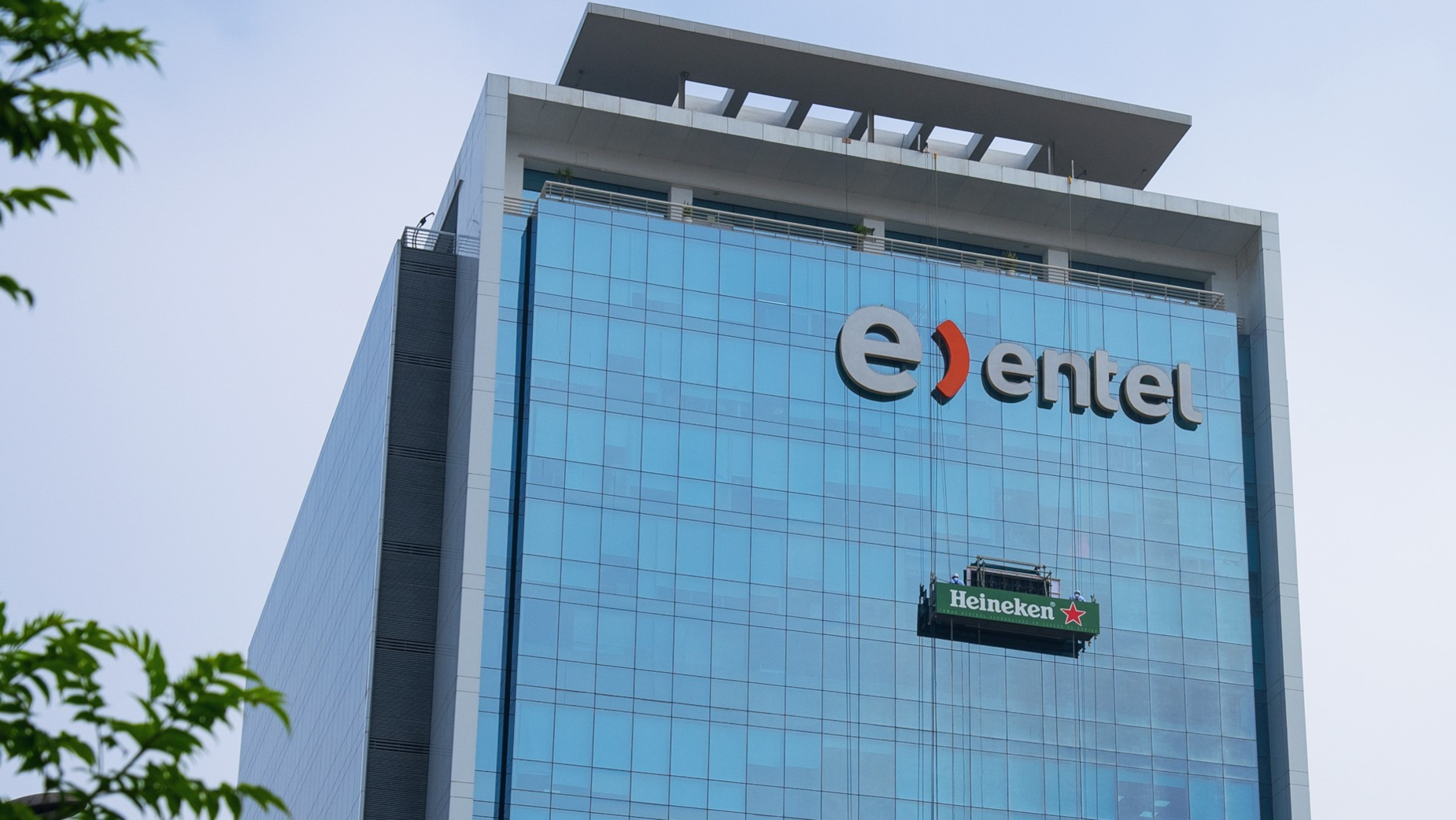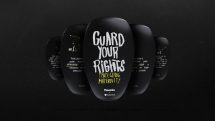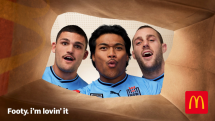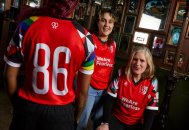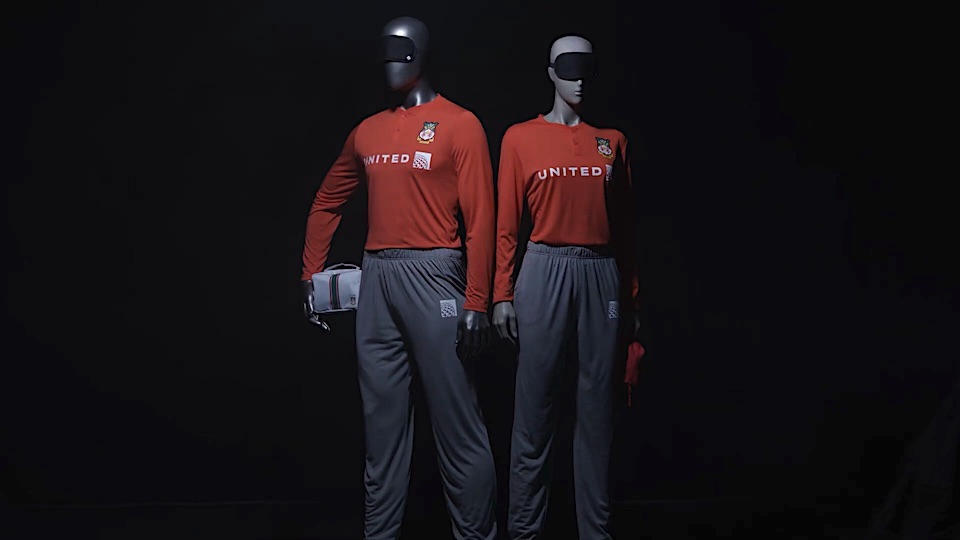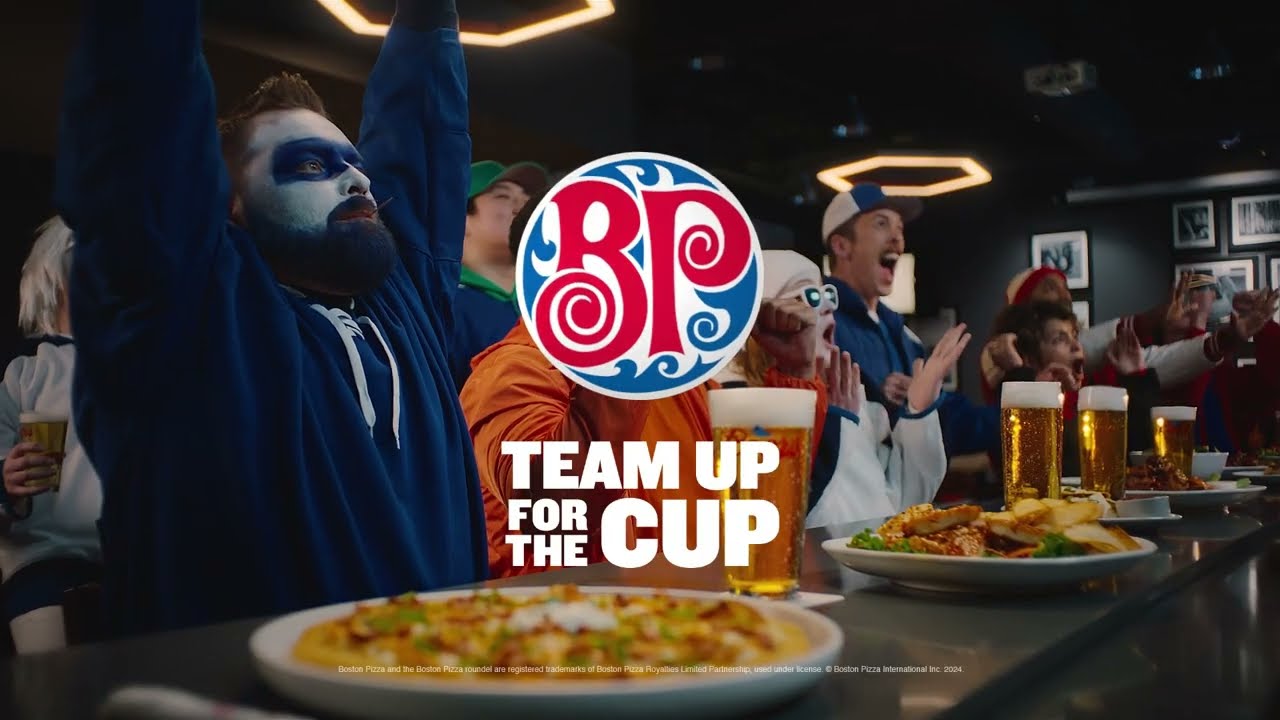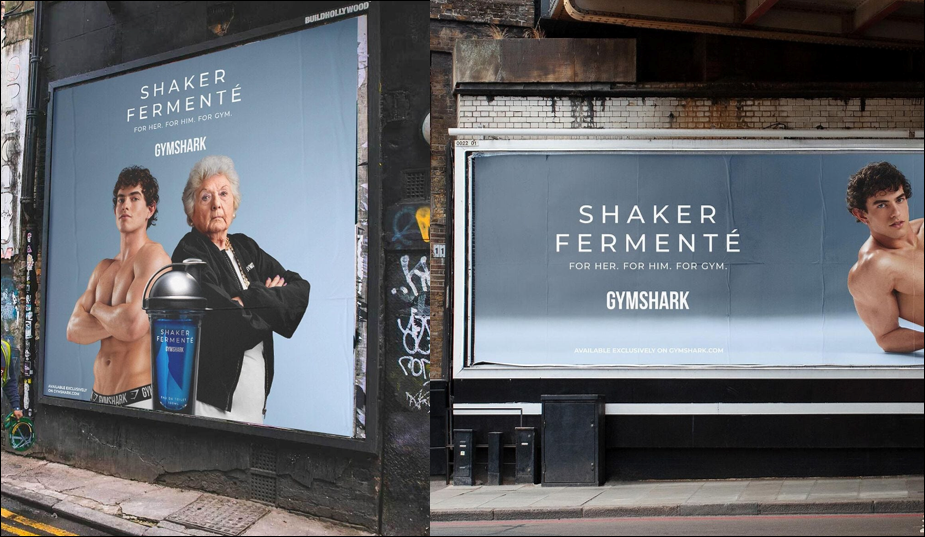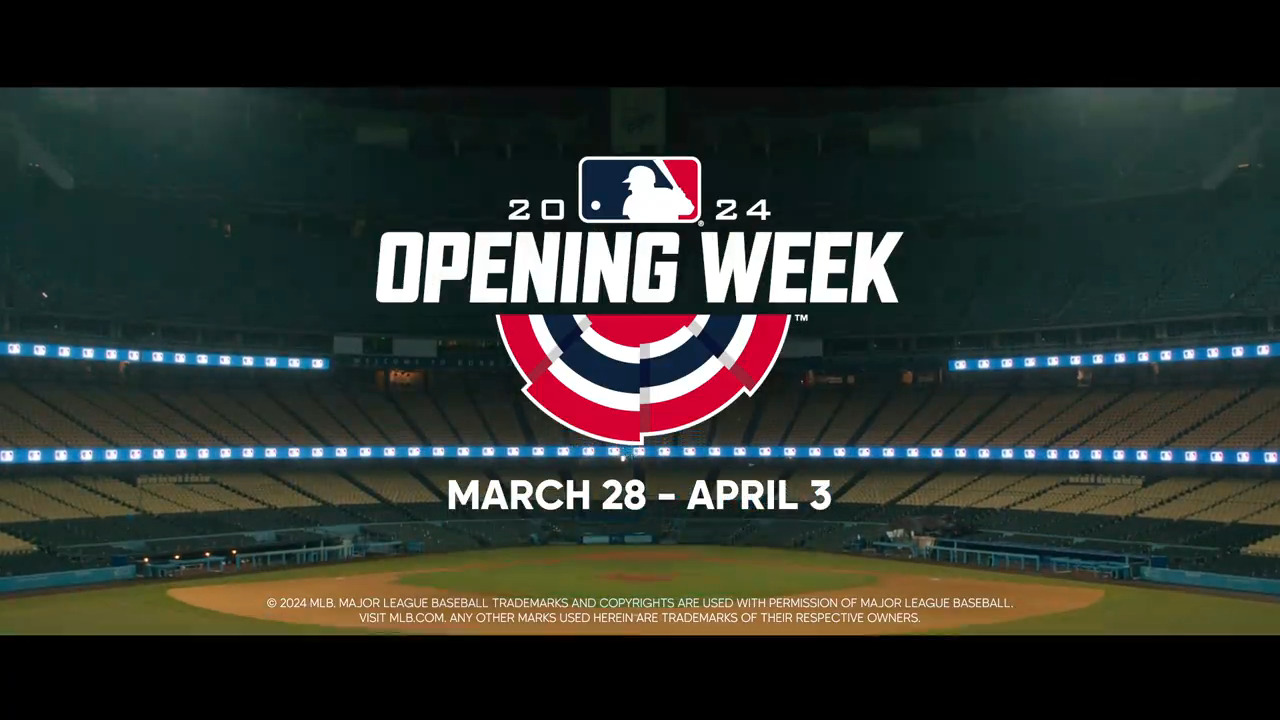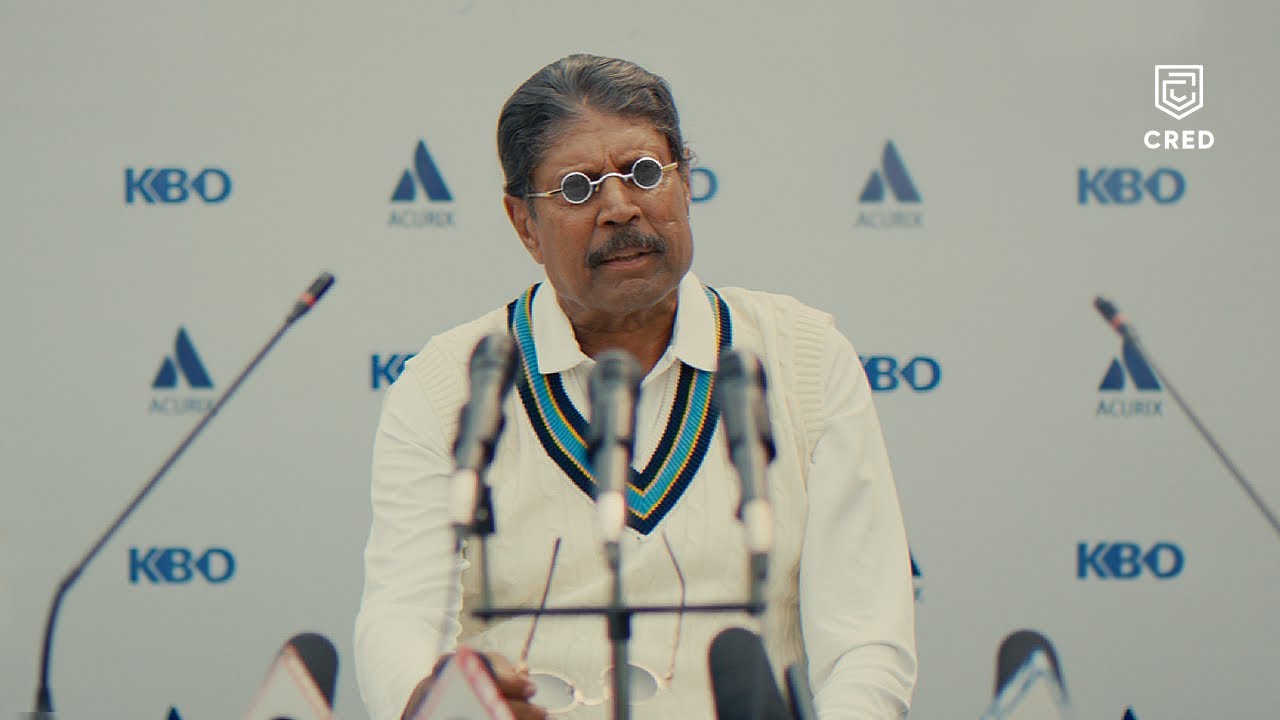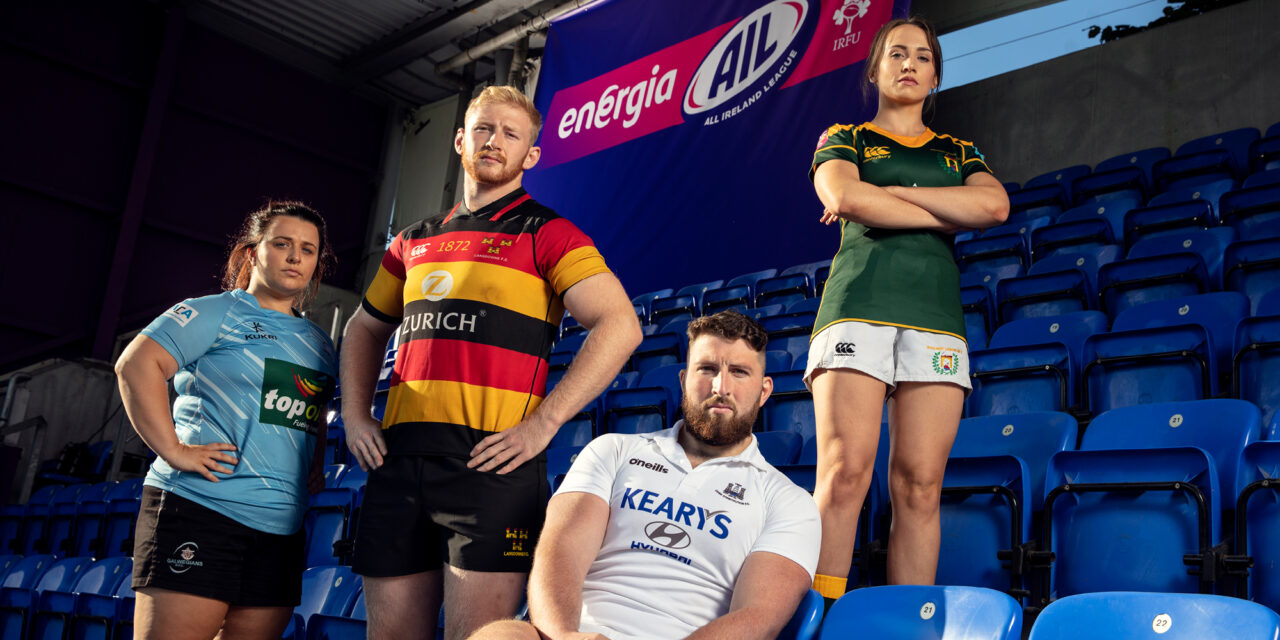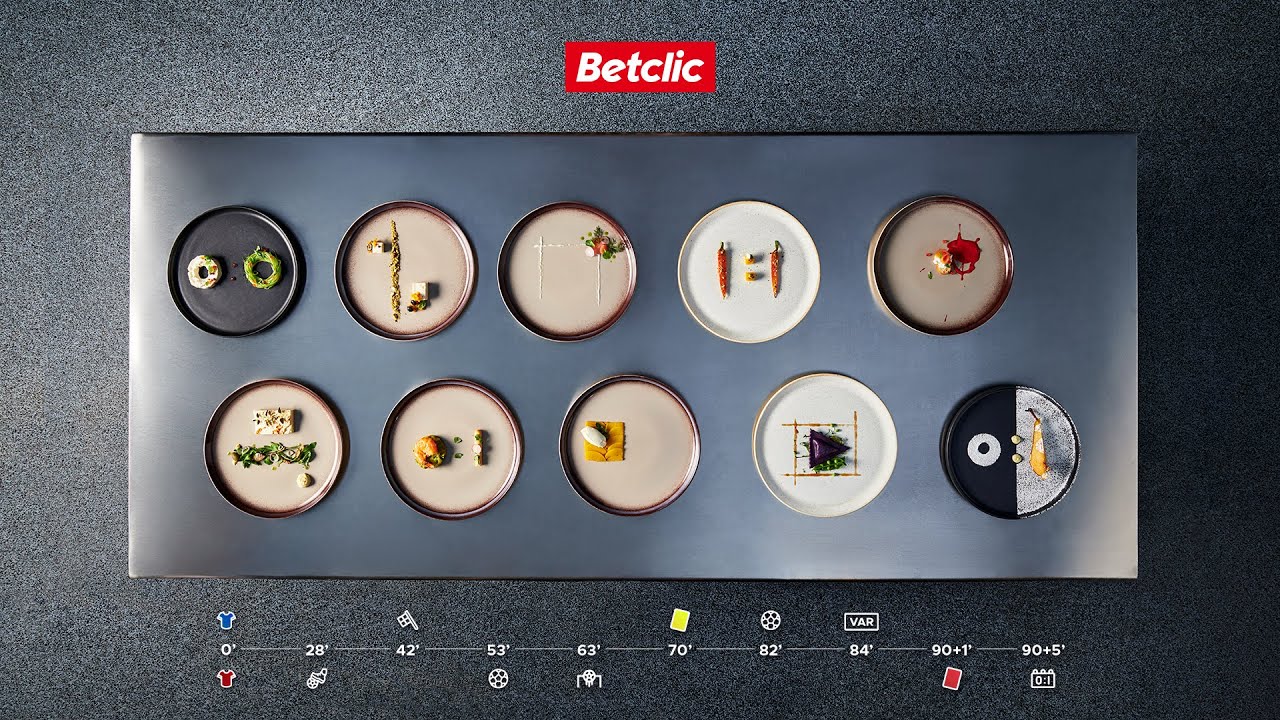‘We Did It’ celebrates the Greenpeace homepage today – as its pressure campaign to persuade Lego to end its marketing partnership with Shell succeeds.
Lego has announced it is to end its marketing alliance (led by making toys carrying Shell’s brand) with the global oil giant.
It will not renew the partnership.
The result party sees Lego bow to the pressure of the global campaign Greenpeace launched in July.
The campaign targeted the uber cool toy company for ‘putting sales above its commitment to the environment’ by partnering with a company, Shell, that has plans to drill in the Arctic – something Greenpeace argues will threaten the region’s unique wildlife and adversely impact the climate.
The campaign, which mobilised five million plus people to take ‘creative action’ in six continents (Europe, Asia, Australia, Africa, North America and South America), was led by a Lego-created YouTube video targeting the association and telling viewers it was ‘not awesome’.
To date the online film has racked up around six million views (with 49,000 Likes and 11,000 Dislikes).
Another aspect of the lobbying campaign saw Greenpeace activists dressed as Lego figures head to Legoland Windsor for an in-person protest stunt to generate PR coverage of the campaign.
‘Children love the Arctic and its unique wildlife like polar bears, narwhals and walruses that are completely dependent on the Arctic sea ice,’ said Ian Duff, Arctic campaigner at Greenpeace.
‘It’s a fragile environment and an oil spill would be devastating. And of course the only reason Shell can even reach the oil is because global warming is melting the ice.’
Since 2012 Shell’s Arctic program has been the subject of strong criticism around the world and through that same time period a huge 16 million Shell-branded Lego sets have been sold or given away at petrol stations in 26 different countries.
Indeed, some reports suggest that this made Shell a major contributor to Lego’s global sales and that the alliance accounted for a 7.5% global sales uplift during the period of the promotion.
The two-year deal was valued at £68m ($116m) according to Shell’s PR company.
The Lego / Shell partnership has a long heritage and dates back to the 1960s.
Lego had previously defended the partnership, but yesterday evening the toy group’s CEO Jørgen Vig Knudstorp announced the company would not renew the current Shell contract.
‘The long-term co-promotion contract we entered with Shell in 2011 delivers on the objective of bringing Lego bricks into the hands of many children, and we will honour it – as we would with any contract we enter,’ said Vig Knudstorp.
‘We want to clarify that as things currently stand, we will not renew the co-promotion contract with Shell when the present contract ends.’
Yet he also condemned Greenpeace’s tactics and argued the pressure group should focus on ‘a direct conversation with Shell’ and that Greenpeace was wrong to make the Lego brand a part of its dispute with the oil company.
Comment
Whilst obviously not a sponsorship but a brand alliance (and the termination of a brand alliance to boot), this is an important lesson for the wider sponsorship and partnership industry.
Obviously the choice of property partners can seriously damage brand values and have knock-on effects on the bottom line of course.
In the recent past we have seen several stand out examples of lobby groups and equal rights/human rights organisations turning their firepower on sponsors.
The IOC’s Winter Olympics was a prime example – with gay rights campaigners targeting sponsors such as McDonald’s (see case study) as well as the property owner itself (see case study).
Sponsorship marketers beware.
Links
Greenpeace Lego Video YouTube
https://www.youtube.com/watch?v=qhbliUq0_r4
Greenpeace Website
Shell Website

